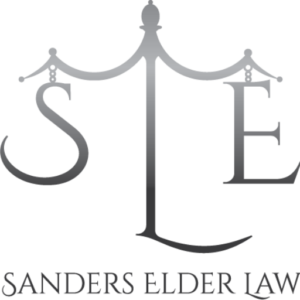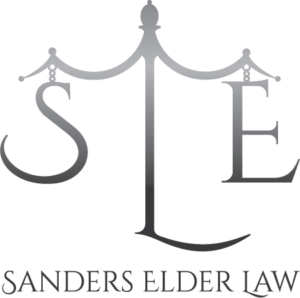A Power of Attorney may be your most important legal document. Basically, it lets you appoint a person or organization to manage your financial or medical decisions should you become unable to do so yourself. This person or organization is called an “attorney-in-fact” or “agent.” Your POA should be given to someone who you can trust with your life. (Your spouse, by the way, does not automatically have your power of attorney.)
Your POA can be part of a comprehensive estate plan or it can stand alone.
Here’s how it works:
You select someone you trust to handle your affairs in case you can’t. Working with your lawyer, you get to choose what’s in your POA.
Your attorney can thendraw up the legal document based on your needs and wishes. It’s then signed, dated and witnessed, and goes into effect.
What are some of the things a POA covers?
- Making financial decisions
- Accessing financial accounts
- Buying life insurance
- Settling claims
- Operating business interests
- Protecting or claiming personal or estate assets
- Making health or medical decisions, including the ability to withhold or stop medical procedures, treatments, and services
What rights do I give up by signing a POA?
You don’t give up any rights. You’re always in control. Signing a POA does not deprive you of control over your personal affairs. POAs are designed to protect your interests, not jeopardize them. POAs can be canceled or revoked at any time. Do be aware that if you don’t have a POA, and have to have a guardianship, basically all your rights are taken away.
What Happens If You Don’t Have One?
POAs are not just reassuring; they may become the crucial instrument that protects your financial and realty interests, your health and even your manner of dying. If you are incapacitated and have no POA designee to take the wheel, your affairs could be decided by the courts. Your family will likely be forced to jump through many public, costly, and time-consuming hoops.
People have to set up a POA for themselves. A family can’t “get” a POA when they suddenly realize that Great Aunt Millie can’t handle her affairs. If she didn’t have the foresight to set up a POA herself, a court will have to appoint a guardian. When a court does this, neither Aunt Millie nor her family has any control over who is appointed. A guardianship is complicated, expensive and public.
When does a POA end?
A POA ends when you supersede it with another POA, or you destroy it, or when you die.
What about a POA offered by a bank, hospital or other institution?
The wording of a power of attorney is critical, and it needs to be written for your specific interests. Usually POAs by institutions such as banks or health care facilities are forms, and may or may not be designed to protect your best interests.
The Bottom Line
Virtually everyone needs a POA.
Given the legal complexities,it is prudent to have an attorney draw up your POA, especially if you plan to have both a medical and a regular durable POA.It will be custom made to fit your individual situation. Because laws and your circumstances change, they should be updated every 3 to 5 years.

